Fr. Richard Rohr, a Franciscan priest in Albuquerque, NM has a lot to teach about non-dualistic thinking, especially when it comes to matters of spirituality and humanity. Dualistic thinking is good and necessary. Technology and advancement, including modern medicine, is built on the dualistic, the binary, the either/or, the ones and zeros. In Rohr’s words,
“We do need the dualistic mind to function in practical life, however, and to do our work as a teacher, a nurse, a scientist, or an engineer. It’s helpful and fully necessary as far as it goes, but it just doesn’t go far enough. The dualistic mind cannot process things like infinity, mystery, God, grace, suffering, sexuality, death, or love; this is exactly why most people stumble over these very issues.”
“For it is by grace you have been saved, through faith — and this is not from yourselves, it is the gift of God — not by works, so that no one can boast.” — Ephesians 2:8-9
“What good is it, my brothers and sisters, if someone claims to have faith but has no deeds? Can such faith save them? Suppose a brother or a sister is without clothes and daily food. If one of you says to them, ‘Go in peace; keep warm and well fed,’ but does nothing about their physical needs, what good is it? In the same way, faith by itself, if it is not accompanied by action, is dead.” — James 2:14-17
